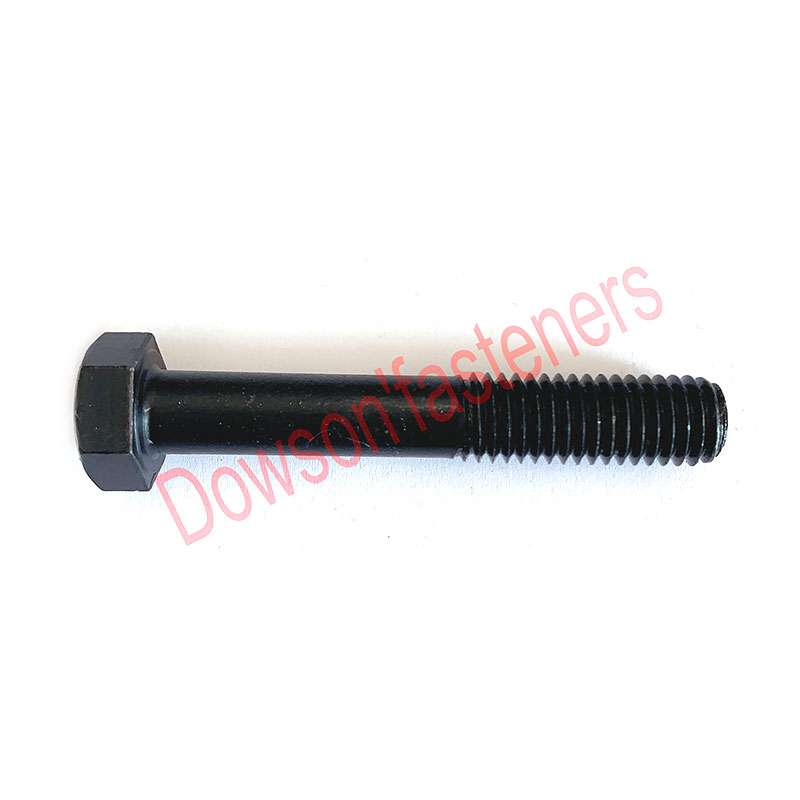Understanding Plow Bolts: Essential Fasteners in Heavy Machinery
2024-05-13
In the realm of heavy machinery and equipment, every component plays a crucial role in ensuring optimal performance and safety. Among these components, plow bolts stand out as essential fasteners that hold various parts together, contributing to the overall functionality and structural integrity of the machinery. In this blog post, we will delve into what plow bolts are, their characteristics, and how they are used in heavy machinery.
What are Plow Bolts?
Plow bolts, also known as carriage bolts or coach bolts, are specialized fasteners designed for heavy-duty applications. They typically consist of a smooth, dome-shaped head and a square or hexagonal portion beneath the head, known as the shank. The shank is threaded along a portion of its length, allowing it to be securely fastened into a corresponding nut or threaded hole.
Characteristics of Plow Bolts:
1. Head Design: The distinctive dome-shaped head of plow bolts is specifically engineered to prevent them from turning once installed. This feature ensures stability and prevents loosening, even under high levels of vibration.
2. Material: Plow bolts are commonly made from high-strength steel or alloy steel to withstand heavy loads, impacts, and environmental conditions encountered in heavy machinery applications.
3. Thread Size and Pitch: Plow bolts are available in various thread sizes and pitches to accommodate different requirements and fit securely into corresponding nuts or threaded holes.
4. Length: The length of plow bolts can vary depending on the specific application and the thickness of the materials being fastened together.
How are Plow Bolts Used in Heavy Machinery?
Plow bolts find extensive use in heavy machinery across multiple industries due to their reliability and robust construction. Some common applications include:
1. Attaching Blades and Cutting Edges: In equipment such as bulldozers, graders, and snow plows, plow bolts are used to secure blades and cutting edges to the equipment's cutting edge assembly. This ensures that these components remain securely attached during operation, even when subjected to significant forces and impacts.
2. Securing Wear Parts: Heavy machinery often features wear parts such as bucket teeth, adapters, and ripper shanks that experience high levels of abrasion and impact. Plow bolts are used to fasten these wear parts securely to buckets, rippers, and other structural components, ensuring longevity and efficiency.
3. Connecting Structural Components: Plow bolts play a vital role in connecting various structural components of heavy machinery, including frames, booms, and chassis. These bolts provide the necessary strength and stability to withstand the stresses and loads encountered during operation.
4. Maintenance and Repair: Plow bolts are also used in maintenance and repair activities, allowing technicians to quickly replace worn or damaged components and restore the machinery to optimal working condition.
Conclusion
In summary, plow bolts are indispensable components in heavy machinery, serving as reliable fasteners that contribute to the durability, functionality, and safety of equipment across various industries. Their unique design features and robust construction make them ideally suited for withstanding the demanding conditions encountered in heavy-duty applications. Whether it's attaching blades, securing wear parts, or connecting structural components, plow bolts play a vital role in keeping heavy machinery operating efficiently and effectively.



